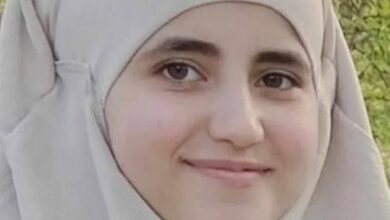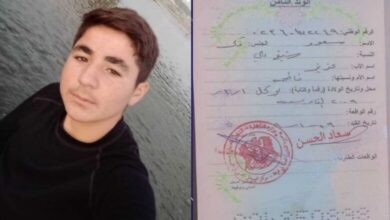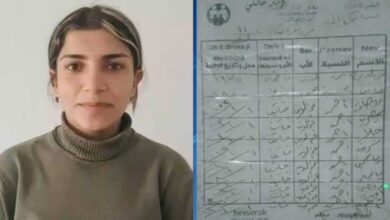Al Qaeda in Syria says detains U.S.-trained rebels
Al Qaeda’s Syria wing said on Friday it had detained members of a Syrian rebel group who had just returned from U.S. training, in a direct challenge to Washington’s plan to train and equip insurgents to combat the hard-line Islamic State group.
In a statement that appeared to contradict comments from the Pentagon, Nusra Front said the men it was holding had entered Syria several days earlier and had been trained under the supervision of the Central Intelligence Agency.
The Pentagon has denied that any of the initial group of around 60 U.S.-trained rebels known as the “New Syrian Force” had been abducted. The chief of staff of the U.S.-led coalition against Islamic State also cast doubt the report on Friday.
“All the information that we have is that none of the … new Syrian forces have been captured,” Marine Corps Brigadier General Kevin Killea said in a briefing with reporters.
Nusra Front described its captives as agents of America and warned others they should abandon the training program. It also said the U.S.-led coalition had mounted air strikes against its positions during its battles with rebels.
Syrian opposition sources and a monitoring group said earlier this week that Nusra Front had detained the leader of the U.S-trained rebel “Division 30” and a number of its members. Nusra Front had yet to comment on those reports.
“We warn soldiers of (Division 30) against proceeding in the American project,” Nusra Front said in a statement distributed online. “We, and the Sunni people in Syria, will not allow their sacrifices to be offered on a golden platter to the American side.”
One of the most powerful insurgent groups in northern Syria, Nusra Front has a record of crushing rebel groups that have received support from Western states, including the Hazzm movement that collapsed earlier this year.
The latest incident highlights the difficulties the United States faces in its efforts to train and equip rebels to fight Islamic State, which is a rival of Nusra Front.
ALREADY TRAINED?
A U.S. official, speaking to Reuters on condition of anonymity, said some forces from Division 30 had been among potential Syrian recruits for the training program who had undergone some degree of preliminary screening.
Nusra Front said the rebels had entered several days before their capture, just after completing their training, “so the Nusra Front had to investigate.”
Nusra Front said it had already eliminated fighters which the United States had sought to embed in Syria in the past two years.
It said Division 30 had coordinated air strikes with the U.S.-led alliance against its positions, a reference to fighting between the sides on Friday. The strikes “left a number of martyrs and wounded in our ranks”, the statement said.
The Syrian Observatory for Human Rights monitoring group said on Friday that warplanes believed to be part of the U.S.-led alliance had bombed Nusra Front positions in an area near the town of Azaz, north of Aleppo city.
It said at least 18 Nusra Front fighters had been killed in the strikes and ground fighting, while seven rebel fighters had died in the clashes.
Nusra Front attacked Division 30 and other rebels overnight, rebel groups and the Observatory said on Friday, escalating tension between rival insurgents near the Turkish border.
The fighting points to one of the major complications facing U.S. and Turkish plans to jointly sweep Islamic State from northern Syria.
Pentagon spokeswoman Commander Elissa Smith confirmed an attack on Friday by an “unknown force” on U.S.-trained Syrian forces and members of the 30th Division, in which she differentiated between the two groups. Without giving a location, she said the attack was repelled.
On Friday, Division 30 said Nusra Front fighters attacked its headquarters at 4.30 a.m. (0130 GMT) in the area near Azaz. Five members of Division 30 were killed as they held off the attackers, it said.
Nusra Front, which Washington has designated a terrorist organization, last year routed the Syria Revolutionaries Front led by Jamal Maarouf, viewed as one of the most powerful insurgent leaders until his defeat.
It was also instrumental in the demise of the U.S.-backed Hazzm Movement, which collapsed earlier this year after clashing with the Nusra Front in the northwest.
Reuters




